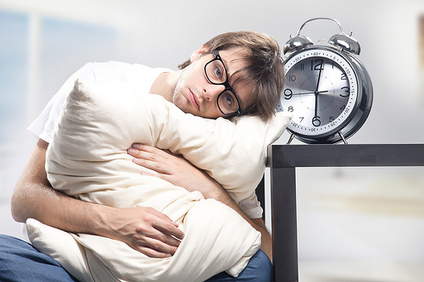For chronic under-sleepers, this could be critical
You need to sleep 8-10 hours per night. It has a million and one benefits (1,2,3,4 …), and there’s no replacement.
This article could end there, but there is a new study worth talking about: two recent trials showed that “assigned” sleep quality but not self-reported sleep quality significantly predicted participants’ scores on the Paced Auditory Serial Addition Test and Controlled Oral Word Association Task. These standard tests measure cognitive functioning.
The idea here is that you could use “the placebo effect”, which is any outcome that is not attributed to a specific treatment but rather to an individual’s mindset, to improve your performance at work or on a big presentation, even if you aren’t well-rested (possibly because you were prepping or anxious the night before).
Could you do this in place of hours of sleep day in and day out? Probably not. But can you use this placebo sleep tool once in awhile? We’d encourage you to try!
Of course, we’d prefer to encourage you to be well-rested every single day.
Image: Some rights reserved by hang_in_there

